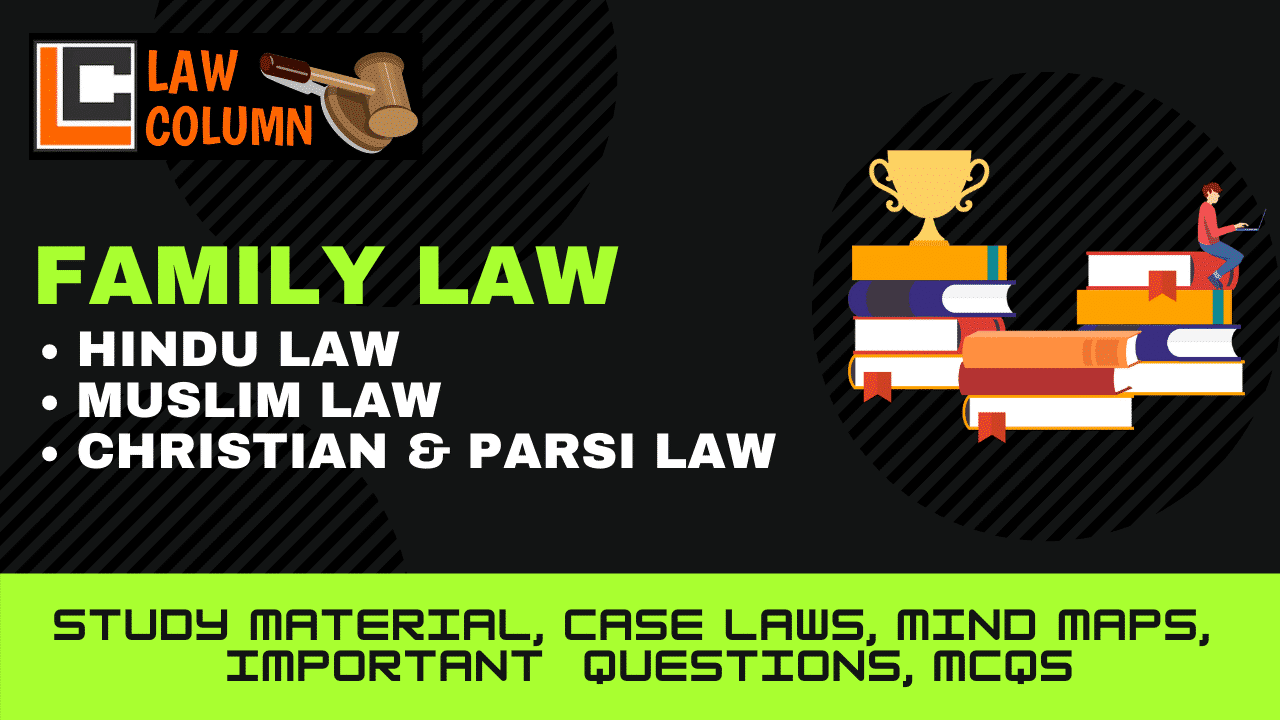Table of Contents
Kinds of guardianship under Muslim Law
The term ‘guardian’ is defined in the Guardians and Wards Act as a person having the care of the person of a minor or of both his person and his property.
What is Guardianship ?
The word Guardianship is denoted as “HIZANAT” in Urdu .
Under Muslim law these two aspects of the guardianship are different and are governed by the different laws. The guardianship of a child means that oversight of the kid throughout its minority. Father of his executor or in absence, the paternal grandfather, being the natural guardian, is change of the minors person. On the opposite hand, custody of the child simply means of physical possession of the child upon a certain age.
Although the mother is not the natural guardian of the child under Muslim law, she has a right to the custody of the child under the child attains a specific age. But the father of the paternal grandfather encompasses control over the minor throughout the complete interval of the minority.
Muslim Law recognizes the following kind of guardianship:-
1. A natural or legal guardianship
2. Testamentary guardian
3. Guardian appointed by courts or statutory Guardian
4. De- Facto Guardian
1. A natural or legal guardianship:-
Natural guardian is someone who has right to regulate and supervise the activities of a minor. Father is recognized as the natural guardian of his kid underneath all the schools of Muslim law. The father’s right or act as guardian of a minor is an independent right and is given to him underneath the substantive law of Islam.
A natural guardian is also known as a legal guardian. But within the absence of the father, the fathers executor might also act as a legal guardian. The executor could be one who is appointed by the father or grandfather to act as the guardian of his minor kid on his behalf .
The natural guardian of a minor in order of priority are as following-
- Father
- Executor of father
- Paternal grandfather
- The executor of paternal grandfather
2. Testamentary Guardian:-
A testamentary guardian may be a one that is appointed as a guardian of a minor beneath a will. Only father or ,in his absence , paternal grandfather has the right to appoint a testamentary guardian. A non- Muslim and a feminine might also be appointed as a testamentary guardian.
A mother can also be appointed as the testamentary guardian but only in two cases –
- When she has been appointed as the general executrix by the will of the children father .
- She can appoint an executor in respect of her own property which will devolve after the death of her children.
According to Shia Law a non – muslim cannot be chosen as a testamentary guardian.
3. Guardian appointed by the Courts or Statuary Guardian
Under the Muslim Law , when the father of the child is not there and there is an absence of legal documents the absence of a will then the court shall have the authority to appoint the legal guardian of the minor child.
When the guardians are appointed in the manner then are also known as ‘ Statutory Guardians’ since they are being appointed by the virtue of the Guardianship and Wards Act,1890.
There are some limitations of guardian appointed by courts in order to take care of the property of minor –
- Mortgage
- Transfer by sale
- Transfer by gift
- Exchange the property
The permission of court is needed in such circumstances .
4. De-Facto Guardian :-
De-Facto guardianship is a concept under which past acts results in present status. A de- facto guardian is a self- appointed guardian . A fugitive or isolated act of a person in regard to minors property does not make him a de- facto guardian , nor does staying with the minor some time.
The powers which are have De facto guardians are acts which must be done in respect of minor under three classes – acts of guardianship , acts arising out of the want of minor and acts which are purely advantageous to the minor.
Case reference-
In Mohammad Amin Vs Vakil Ahmad, Supreme Court held that de facto guardian have no authority to enter into a family settlement in respect of minor’s bona fide .
Withdrawal or removal of Guardian by the Court
The court has the authority to remove birth the de jure and de facto guardian for the welfare of the minor in the following cases-
- When there is a abuse of his trust .
- When they fail to perform the duties appointed .
- When they are not capable of performing the respective duties .
- Neglecting the minor
- The inconsistency with any of the rules of the Guardians and Wards Act, or any other command by the court .
- When they are guilty of committing an offence involving the immoral characy of the guardians .
- When they are declared as insolvent .
Conclusion
The concept of guardianship under Muslim law has great essence of because it is personal law of people and with the passage of time it has systematize by the legislature. So the above mentioned are different kinds of guardianship under Muslim law . Guardianship has its own place because guardians is makes the child’s lifestyle better as they are harbinger of social change and the budding citizen of tomorrow.
So it is important to take care and foster them well and also provide them proper amenities for their overall development .
Author: Kajal Bind,
Prayag Vidhi Mahavidyalaya (Allahabad State University) 2nd year

